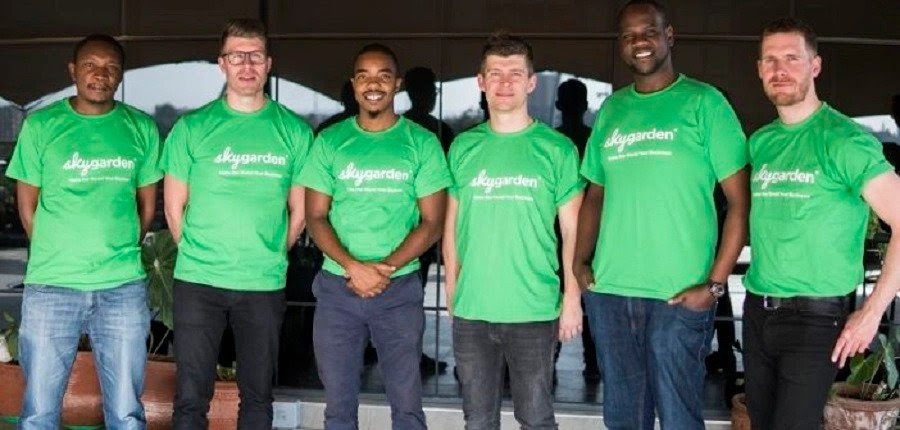Sky.Garden, an online shopping platform and marketplace, is set to close due to its inability to raise funds. The brand is well-known in Nairobi, providing 24-hour delivery of purchased goods.
Since its launch in 2017, Sky.Garden has apparently struggled to generate a profit and uphold the company’s structure. The platform is an end-to-end system that connects merchants with consumers and promotes the DIY process. It generates income by charging a flat rate of 8% on all completed trades.
Following a town hall meeting, Martin Majlund, CEO of Air, disclosed that the company would be shutting down on October 16, attributed to its lack of funds to run the firm’s operations. He also made it known to the staff. Majlund said that despite the startup’s financial difficulties, Sky.Garden remained in contact with possible investors and buyers in an attempt to avoid its liquidation.
“Sky.Garden Limited is still financially stable and continues to operate. While working on our opportunities, we decided on September 16 to give our staff a 30-day notice period. He added that 2022 has been a very challenging year for startups and scaleups in general. “We are in dialogue with potential investors and acquirers, but as we have to be diligent about doing things the right way, we chose to do so,” he said.
Read also: Kenyan startup Sendy lays off 20% of its staff, shuts down product
Challenges faced in 2022
Western nations’ venture capitalists have been forewarned of a funding winter, with startup investments’ pace and scale dropping noticeably as other markets decline. In developing nations like Kenya, this has been occurring increasingly.
For a B2C e-commerce company, in particular, Majlund said, “the venture capital climate has become increasingly tough due to rising costs, inflation, the crisis in Ukraine, and increased interest rates.” He continued.
“As a consequence, we have been engaged in extensive M&A conversations. The chronology of these discussions has been negatively impacted by macroeconomic contractions, which have not only hurt us but also left us in the situation we outlined above.
In 2021, a total of $4 million was raised
A year ago, Sky.Garden secured $4 million in a Series A round of investment, bringing its total VC funding to $5.2 million. The number of small and medium-sized businesses using the startup’s online marketplace has grown steadily since it launched in 2017. The company offers an “end-to-end” order guarantee and retains 8% of all sales made via their system.
Although the e-commerce giant’s success in putting it into practice has been helped in no small part by massive economies of scale, which have provided it with more diversification and allowed it to balance falls in some areas against expansions in others, Amazon deserves much of the credit for popularizing the idea.
Despite having a large number of retailers and clients in Kenya, SkyGarden is a much smaller business than that, with just 46 employees, according to LinkedIn data. The company is well-known in cities like Nairobi due to its 24-hour delivery promise for items bought there. However, the company’s revenue and its growth over time remain unknown.
Over the course of SkyGarden’s first six years, it helped tens of thousands of local businesses, hundreds of thousands of customers, and hundreds of boda-boda drivers. Majlund said that the company is certain it can keep its position in the industry with the help of the right partner. Even scalability in e-commerce isn’t always easy to come by, and profits may not materialize for quite some time.
Competition faced by Sky.Garden
It competes for head-on with Jumia, Africa’s biggest e-commerce platform, which is based in Kenya and is still losing money a decade after it was founded, despite the fact that there are signs of rising e-commerce adoption in Africa.
African e-commerce platforms, such as Jumia, are cash-intensive operations that confront multiple problems, not the least of which is the unwillingness of both consumers and merchants to pay before delivery of items and to do so using payment cards. Inefficient and problematic, cash-on-delivery alternatives have been included by the majority of players. Since no reliable nationwide courier service exists, e-commerce businesses have had to spend a lot of money setting up their own dispatch departments. All of this has prompted Sky.Garden to ponder how other, similarly sized businesses in the same industry will do over the next several months.




